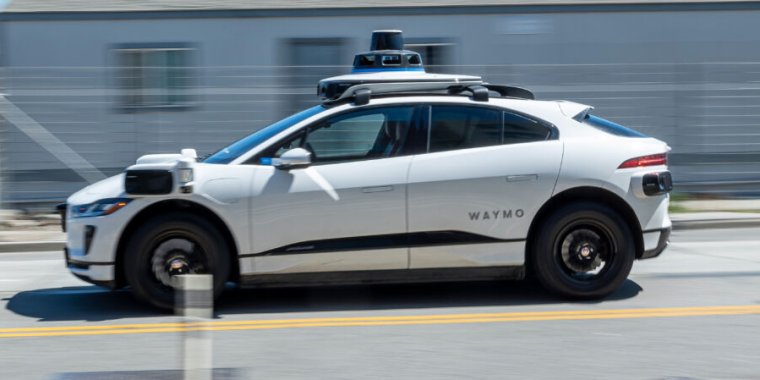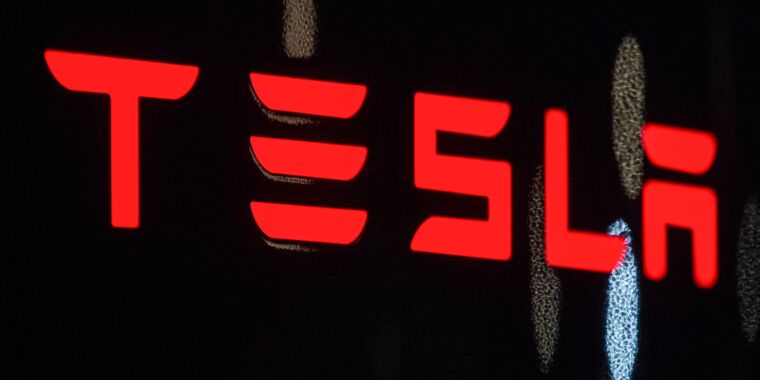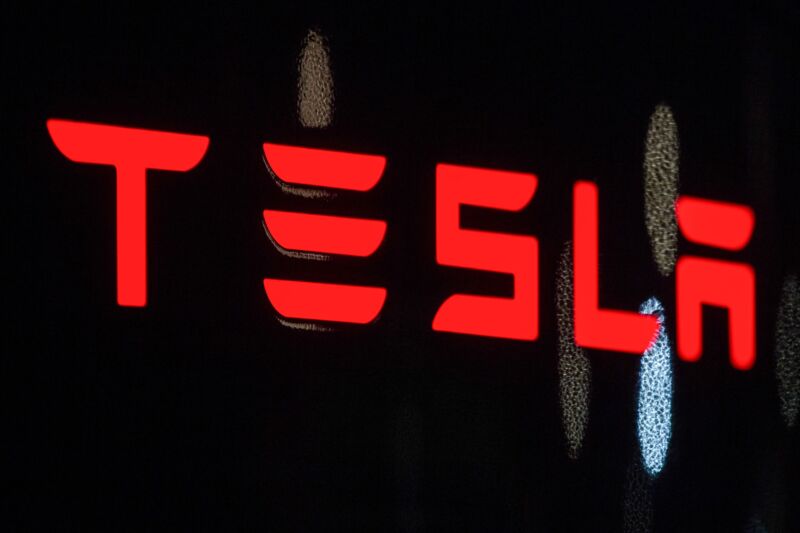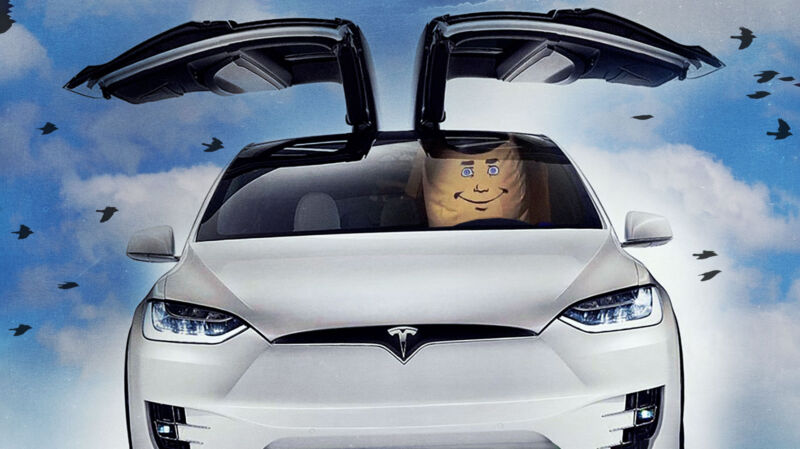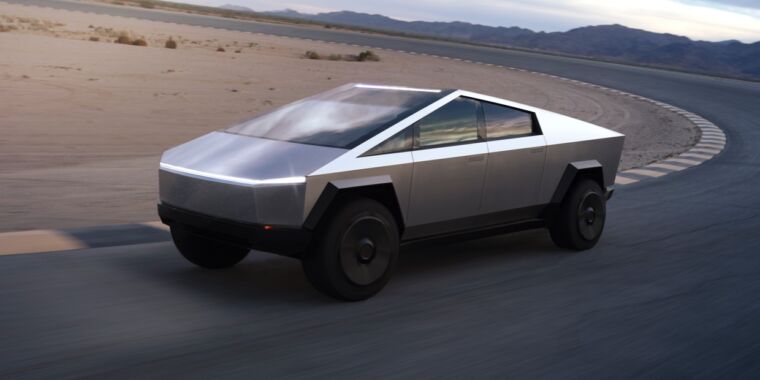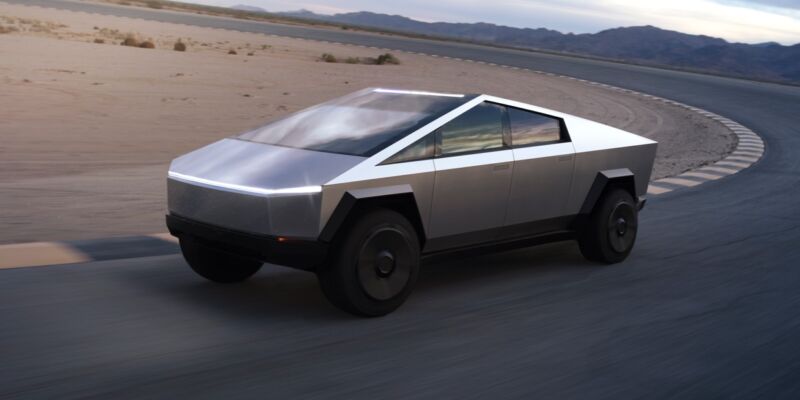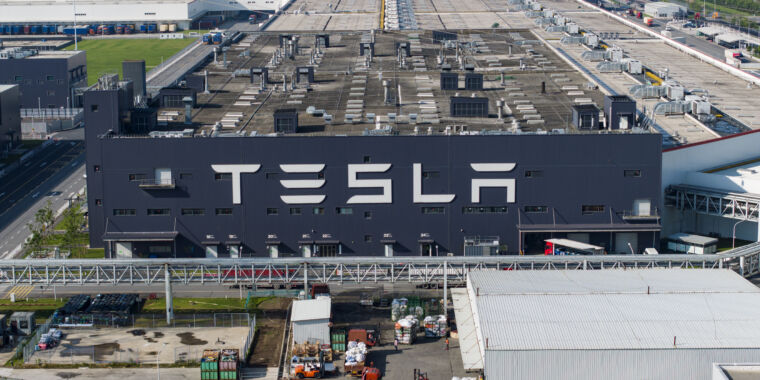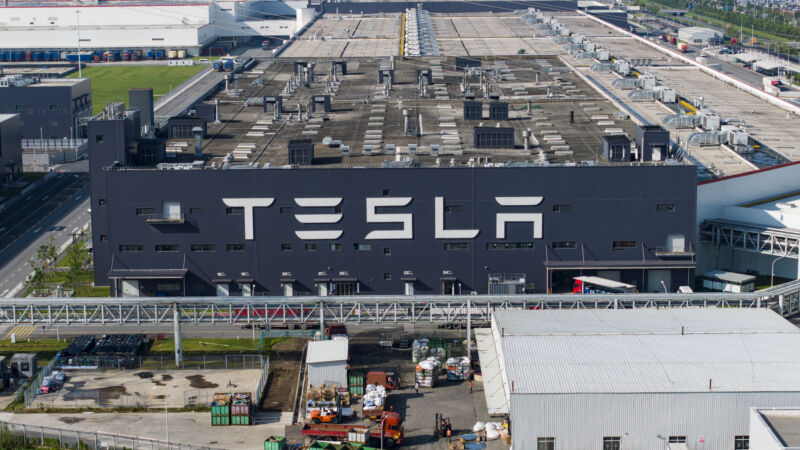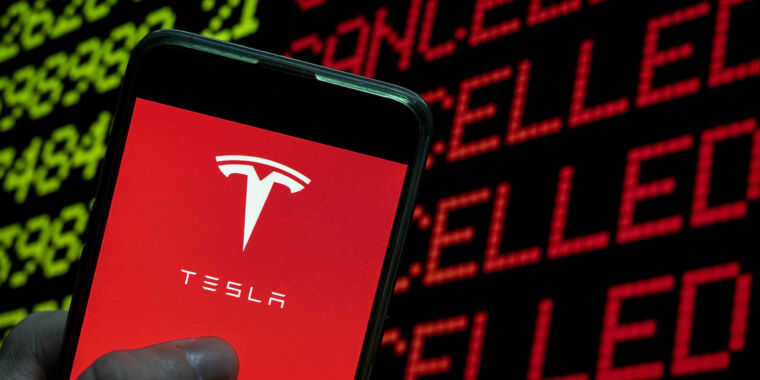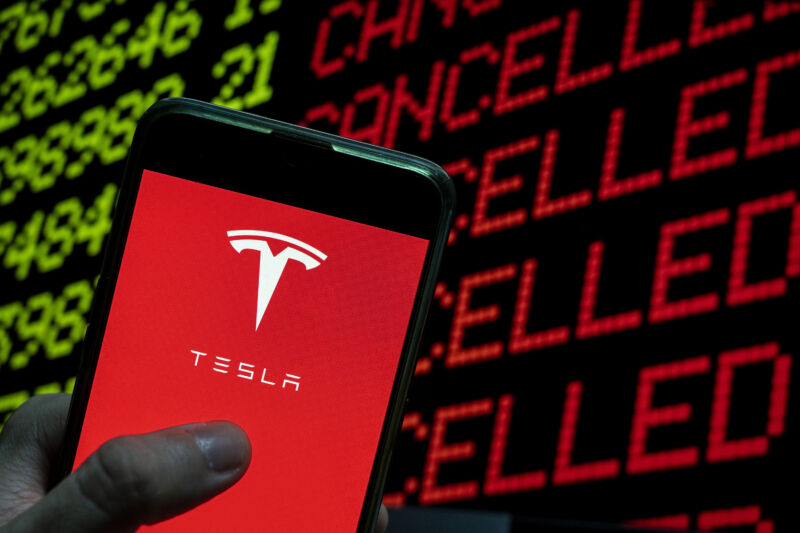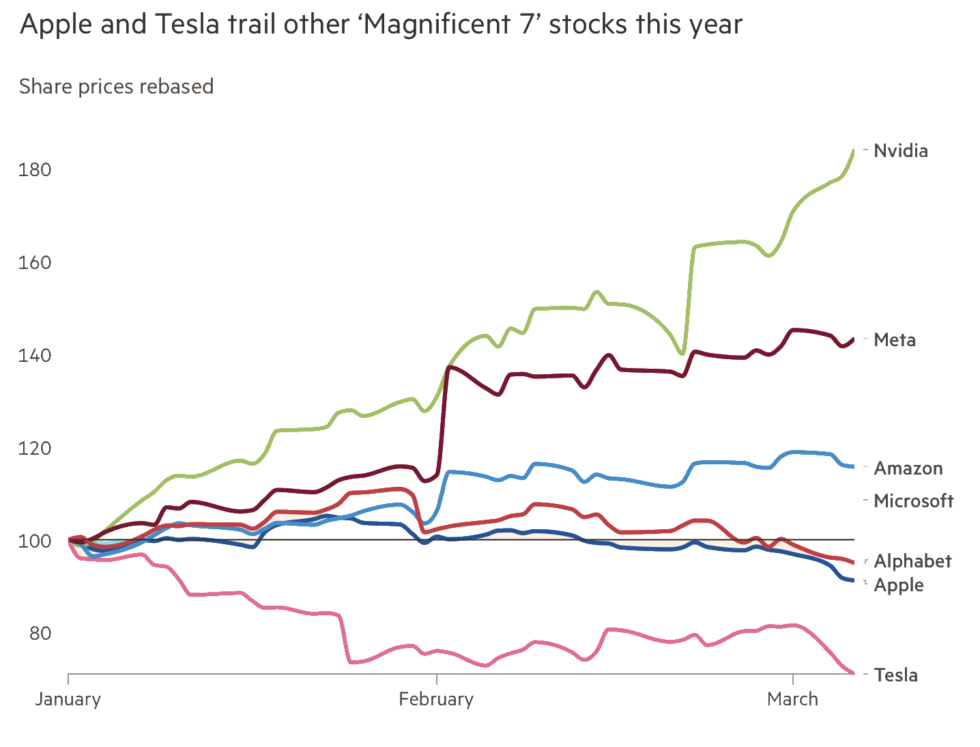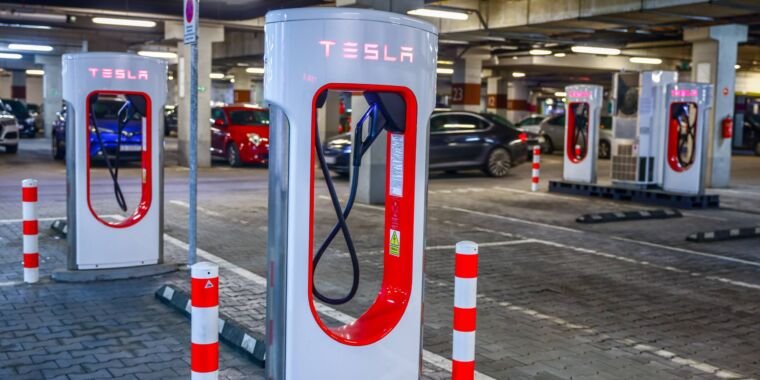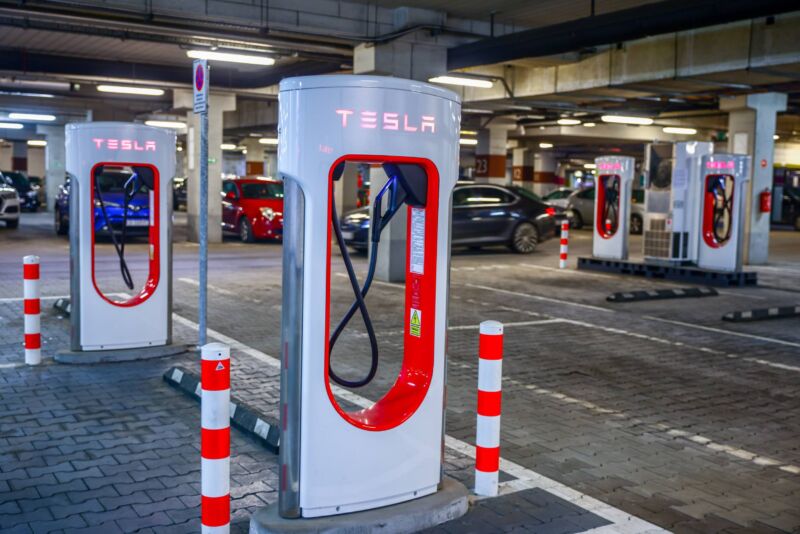On self-driving, Waymo is playing chess while Tesla plays checkers
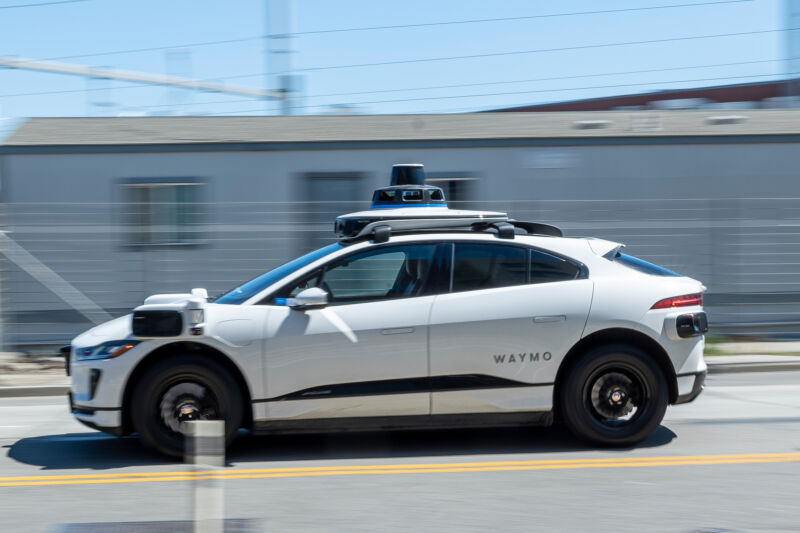
Enlarge / A Waymo autonomous taxi in San Francisco.
David Paul Morris/Bloomberg via Getty Images
Tesla fans—and CEO Elon Musk himself—are excited about the prospects for Tesla’s Full Self Driving (FSD) software. Tesla released a major upgrade—version 12.3—of the software in March. Then, last month, Musk announced that Tesla would unveil a purpose-built robotaxi on August 8. Last week, Musk announced that a new version of FSD—12.4—will come out in the coming days and will have a “5X to 10X improvement in miles per intervention.”
But I think fans expecting Tesla to launch a driverless taxi service in the near future will be disappointed.
During a late March trip to San Francisco, I had a chance to try the latest self-driving technology from both Tesla and Google’s Waymo.
During a 45-minute test drive in a Tesla Model X, I had to intervene twice to correct mistakes by the FSD software. In contrast, I rode in driverless Waymo vehicles for more than two hours and didn’t notice a single mistake.
So while Tesla’s FSD version 12.3 seems like a significant improvement over previous versions of FSD, it still lags behind Waymo’s technology.
However, Waymo’s impressive performance comes with an asterisk. While no one was behind the wheel during my rides, Waymo has remote operators that sometimes provide guidance to its vehicles (Waymo declined to tell me whether—or how often—remote operators intervened during my rides). And while Tesla’s FSD works on all road types, Waymo’s taxis avoid freeways.
Many Tesla fans see these limitations as signs that Waymo is headed for a technological dead end. They see Tesla’s FSD, with its capacity to operate in all cities and on all road types, as a more general technology that will soon surpass Waymo.
But this fundamentally misunderstands the situation.
Safely operating driverless vehicles on public roads is hard. With no one in the driver’s seat, a single mistake can be deadly—especially at freeway speeds. So Waymo launched its driverless service in 2020 in the easiest environment it could find—residential streets in the Phoenix suburbs—and has been gradually ratcheting up the difficulty level as it gains confidence in its technology.
In contrast, Tesla hasn’t started driverless testing because its software isn’t ready. For now, geographic restrictions and remote assistance aren’t needed because there’s always a human being behind the wheel. But I predict that when Tesla begins its driverless transition, it will realize that safety requires a Waymo-style incremental rollout.
So Tesla hasn’t found a different, better way to bring driverless technology to market. Waymo is just so far ahead that it’s dealing with challenges Tesla hasn’t even started thinking about. Waymo is playing chess while Tesla is still playing checkers.
The current excitement around Tesla’s FSD reminds me of the hype that surrounded Waymo in 2018. Early that year, Waymo announced deals to purchase 20,000 I-Pace sedans from Jaguar and 62,000 Pacifica minivans from Fiat Chrysler.
But the service Waymo launched in December 2018 was a disappointment. There were still safety drivers behind the wheel on most rides, and access was limited to a handpicked group of passengers.
It wasn’t until October 2020 that Waymo finally launched a fully driverless taxi service in the Phoenix area that was open to the general public. And even after that, Waymo expanded slowly.
Waymo began offering commercial service in San Francisco in 2023 and is now expanding to Los Angeles and Austin. Today, the company has only a few hundred vehicles in its commercial fleet—far fewer than the 82,000 vehicles it was planning to purchase six years ago.
What went wrong? In an August 2018 article, journalist Amir Efrati reported on the limitations of Waymo’s technology. Efrati wrote that “Waymo vans have trouble with many unprotected left turns and with merging into heavy traffic in the Phoenix area.” In addition, “the cars have trouble separating people, or cyclists, who are in groups, especially people near shopping centers or in parking lots.”
On self-driving, Waymo is playing chess while Tesla plays checkers Read More »
